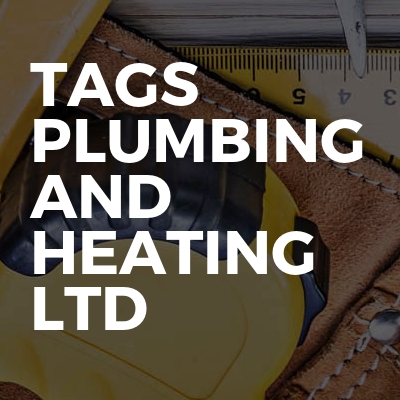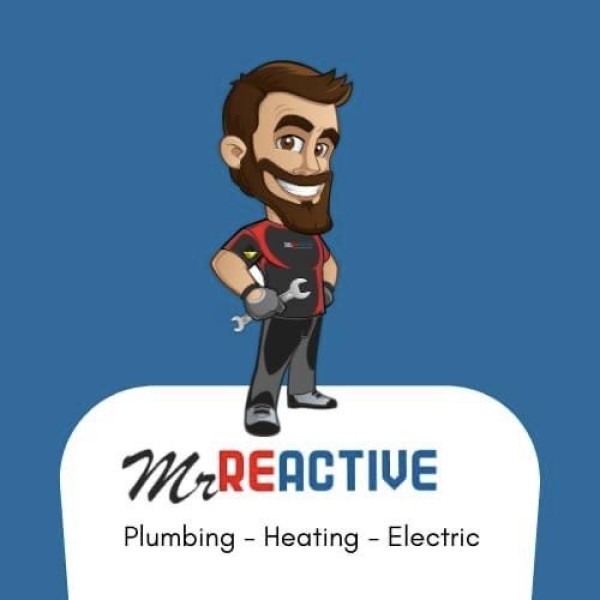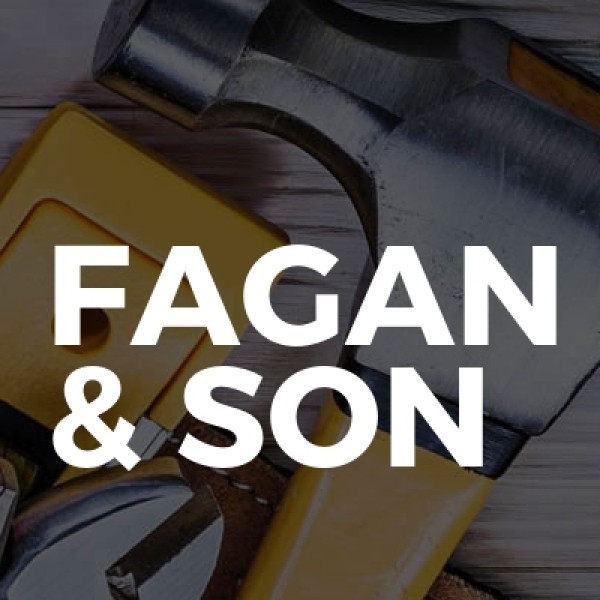Boiler/Heating Engineers in Silsden
Search Boiler/Heating Engineers in places nearby
- Boiler/Heating Engineers in Baildon
- Boiler/Heating Engineers in Batley
- Boiler/Heating Engineers in Bingley
- Boiler/Heating Engineers in Bradford
- Boiler/Heating Engineers in Brighouse
- Boiler/Heating Engineers in Castleford
- Boiler/Heating Engineers in Cleckheaton
- Boiler/Heating Engineers in Dewsbury
- Boiler/Heating Engineers in Elland
- Boiler/Heating Engineers in Featherstone
- Boiler/Heating Engineers in Garforth
- Boiler/Heating Engineers in Guiseley
- Boiler/Heating Engineers in Halifax
- Boiler/Heating Engineers in Hebden Bridge
- Boiler/Heating Engineers in Heckmondwike
- Boiler/Heating Engineers in Hemsworth
- Boiler/Heating Engineers in Holmfirth
- Boiler/Heating Engineers in Horbury
- Boiler/Heating Engineers in Horsforth
- Boiler/Heating Engineers in Huddersfield
- Boiler/Heating Engineers in Ilkley
- Boiler/Heating Engineers in Keighley
- Boiler/Heating Engineers in Knottingley
- Boiler/Heating Engineers in Leeds
- Boiler/Heating Engineers in Liversedge
- Boiler/Heating Engineers in Mirfield
- Boiler/Heating Engineers in Morley
- Boiler/Heating Engineers in Normanton
- Boiler/Heating Engineers in Ossett
- Boiler/Heating Engineers in Otley
- Boiler/Heating Engineers in Pontefract
- Boiler/Heating Engineers in Pudsey
- Boiler/Heating Engineers in Queensbury
- Boiler/Heating Engineers in Rothwell
- Boiler/Heating Engineers in Shipley
- Boiler/Heating Engineers in Sowerby Bridge
- Boiler/Heating Engineers in Todmorden
- Boiler/Heating Engineers in Wakefield
- Boiler/Heating Engineers in Wetherby
- Boiler/Heating Engineers in Yeadon
Understanding the Role of Boiler/Heating Engineers in Silsden
Boiler and heating engineers play a crucial role in ensuring the comfort and safety of homes and businesses in Silsden. These professionals are responsible for installing, maintaining, and repairing heating systems, which are essential for keeping indoor environments warm, especially during the chilly months. Their expertise ensures that heating systems operate efficiently, reducing energy consumption and costs.
The Importance of Heating Systems
Heating systems are vital for maintaining a comfortable indoor climate. In Silsden, where temperatures can drop significantly, a reliable heating system is not just a luxury but a necessity. Properly functioning boilers and heating systems help prevent issues such as frozen pipes and ensure that residents remain warm and safe.
Types of Heating Systems
- Central Heating Systems: These systems distribute heat from a central source, such as a boiler, to various rooms in a building.
- Radiant Heating Systems: These systems provide heat directly to the floor or panels in the wall or ceiling of a house.
- Forced Air Systems: These systems use air as the heat transfer medium, distributing warm air through ducts.
Qualifications and Training for Boiler/Heating Engineers
Becoming a boiler/heating engineer requires a combination of formal education and hands-on training. In the UK, engineers often start with an apprenticeship, which provides practical experience alongside classroom learning. Key qualifications include:
- NVQ/SVQ Level 2 or 3 in Plumbing and Heating: These qualifications cover essential skills and knowledge.
- Gas Safe Registration: This is a legal requirement for engineers working with gas appliances.
- Continual Professional Development (CPD): Engineers must stay updated with the latest technologies and regulations.
Skills Required for Success
Successful boiler/heating engineers possess a range of skills, including problem-solving, attention to detail, and strong communication abilities. They must be able to diagnose issues quickly and provide effective solutions, ensuring minimal disruption to clients.
Common Services Offered by Boiler/Heating Engineers
Boiler/heating engineers in Silsden offer a variety of services to meet the needs of their clients. These services include:
- Installation: Engineers install new heating systems, ensuring they are set up correctly and efficiently.
- Maintenance: Regular maintenance is crucial for the longevity and efficiency of heating systems.
- Repairs: Engineers diagnose and repair faults, restoring systems to optimal performance.
- Upgrades: Engineers can upgrade existing systems to improve efficiency and performance.
Choosing the Right Boiler/Heating Engineer in Silsden
Selecting the right engineer is essential for ensuring quality service. Consider the following factors when choosing a boiler/heating engineer:
- Experience: Look for engineers with a proven track record in the industry.
- Certifications: Ensure the engineer is Gas Safe registered and holds relevant qualifications.
- Reputation: Check reviews and testimonials from previous clients.
- Pricing: Obtain quotes from multiple engineers to ensure competitive pricing.
Questions to Ask Potential Engineers
Before hiring an engineer, consider asking the following questions:
- What experience do you have with my type of heating system?
- Can you provide references from previous clients?
- What is your availability for emergency repairs?
- Do you offer any guarantees or warranties on your work?
Benefits of Regular Heating System Maintenance
Regular maintenance of heating systems offers numerous benefits, including:
- Improved Efficiency: Well-maintained systems operate more efficiently, reducing energy costs.
- Extended Lifespan: Regular maintenance can extend the life of heating systems, delaying the need for costly replacements.
- Enhanced Safety: Maintenance checks can identify potential safety hazards, such as gas leaks.
- Reduced Repairs: Regular servicing can prevent minor issues from becoming major problems.
Understanding Boiler Efficiency Ratings
Boiler efficiency ratings are an important consideration when choosing a new boiler. These ratings indicate how effectively a boiler converts fuel into heat. Higher efficiency ratings mean lower energy consumption and reduced environmental impact.
Types of Efficiency Ratings
- Seasonal Efficiency of Domestic Boilers in the UK (SEDBUK): This rating system provides a percentage efficiency score.
- ErP Rating: The Energy-related Products Directive rating uses a letter system, with A+++ being the most efficient.
Environmental Impact of Heating Systems
Heating systems can have a significant environmental impact, particularly in terms of carbon emissions. Choosing energy-efficient systems and regular maintenance can help reduce this impact. Engineers can advise on eco-friendly options, such as condensing boilers and renewable energy sources.
Renewable Heating Options
- Heat Pumps: These systems extract heat from the air or ground, offering a sustainable heating solution.
- Solar Thermal Systems: These systems use solar panels to heat water, reducing reliance on fossil fuels.
Emergency Boiler and Heating Repairs
In the event of a heating system breakdown, prompt repairs are essential to restore warmth and comfort. Many engineers offer emergency repair services, ensuring quick response times to minimise disruption.
Signs You Need Emergency Repairs
- No heat or hot water
- Strange noises coming from the boiler
- Unusual smells, such as gas or burning
- Leaks or drips from the boiler
Cost Considerations for Boiler/Heating Services
The cost of boiler and heating services can vary based on factors such as the type of service, the complexity of the job, and the engineer's experience. It's important to obtain detailed quotes and understand what is included in the price to avoid unexpected costs.
Ways to Save on Heating Costs
- Regular Maintenance: Preventative maintenance can reduce the need for costly repairs.
- Energy-Efficient Upgrades: Investing in energy-efficient systems can lower long-term energy bills.
- Smart Thermostats: These devices allow for more precise control of heating, reducing energy waste.
Frequently Asked Questions
- What qualifications should a boiler/heating engineer have? Engineers should be Gas Safe registered and hold relevant NVQ/SVQ qualifications.
- How often should I service my boiler? It's recommended to service your boiler annually to ensure optimal performance.
- What are the signs of a failing heating system? Common signs include no heat, strange noises, and leaks.
- Can I install a boiler myself? No, boiler installation should be carried out by a qualified professional to ensure safety and compliance with regulations.
- What is the most energy-efficient type of boiler? Condensing boilers are typically the most energy-efficient, as they recover more heat from the exhaust gases.
- How can I improve my heating system's efficiency? Regular maintenance, upgrading to a high-efficiency boiler, and using smart thermostats can improve efficiency.
Boiler and heating engineers in Silsden are essential for maintaining the comfort and safety of homes and businesses. By understanding their role, the services they offer, and the importance of regular maintenance, residents can ensure their heating systems remain efficient and reliable. Whether it's choosing the right engineer, understanding efficiency ratings, or exploring renewable options, informed decisions can lead to significant benefits in terms of cost savings and environmental impact.

















